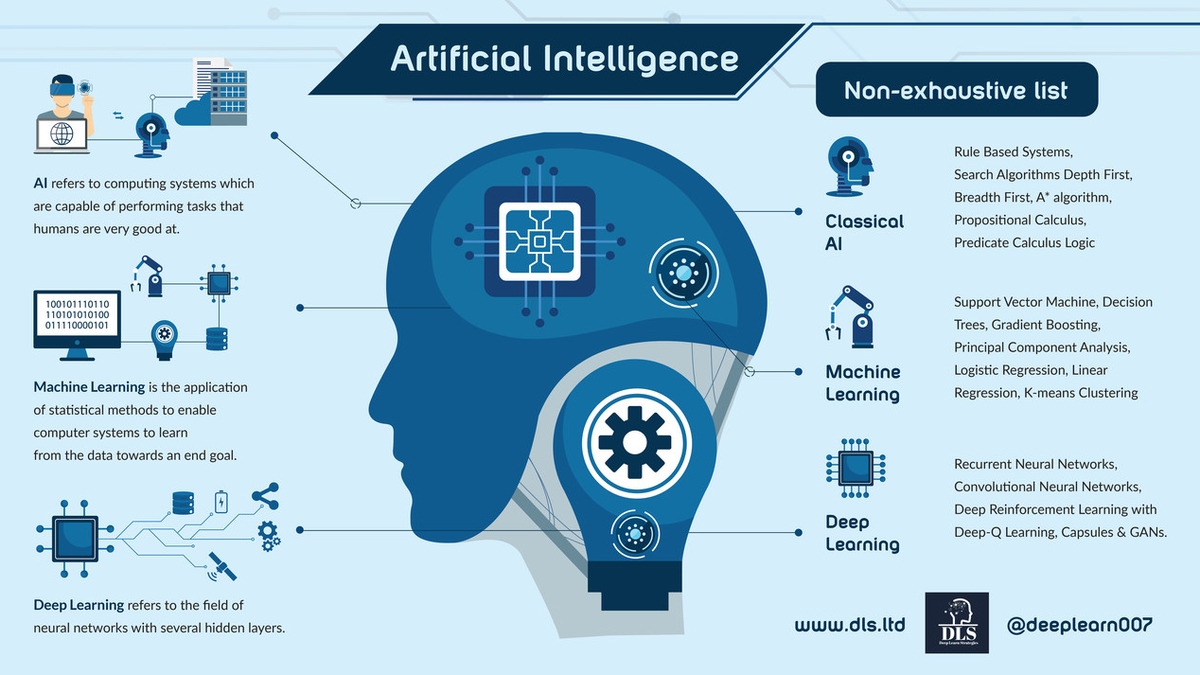
Artificial intelligence (AI), once a concept merely consigned to the realms of science fiction, has quickly permeated our everyday lives, revolutionizing industries and fundamentally changing how we live and work. One of the most promising areas of AI application is healthcare, where it has the potential to significantly extend human life expectancy by improving disease prediction, prevention, and personalizing healthcare.
AI’s Role in Personalized Healthcare and Medical Research
The ability of AI to analyze vast amounts of medical data is revolutionizing healthcare. By identifying patterns in this data, AI can develop personalized treatment plans tailored to the individual’s unique genetic makeup and lifestyle. This approach is transforming the traditional one-size-fits-all model of healthcare into a much more effective personalized one.
Moreover, AI’s potential extends to improving medical research, particularly in drug discovery and development. AI algorithms can sift through vast amounts of data to identify potential compounds for new drugs far more efficiently and accurately than traditional methods. This could significantly speed up the notoriously slow and expensive drug discovery process, potentially saving millions of lives.
AI in Disease Prediction and Prevention
The predictive capabilities of AI are another significant factor in its potential to extend human life. With access to a patient’s medical history and the ability to analyze trends and patterns in this data, AI can predict potential health issues before they become severe. This early detection allows for prompt treatment, increasing the chances of successful outcomes and potentially preventing life-threatening conditions.
AI: A Double-Edged Sword
Despite the tremendous potential of AI, it is not without its drawbacks. One of the significant concerns is job displacement. As AI becomes increasingly sophisticated and capable of automating routine tasks, there’s a fear that it could lead to significant job losses. Furthermore, the use of AI raises important ethical concerns about bias and privacy. As AI systems learn from the data they are fed, any inherent biases in this data can lead to biased outcomes. Moreover, the use of personal medical data in AI systems raises significant privacy concerns that need to be carefully managed.
A Look Into the Future
Looking ahead, the future of AI is set to further revolutionize our lives and work. From home automation systems and personalized entertainment experiences to health monitoring and improved security systems, AI is creating a future where technology is seamlessly integrated into our daily lives. But perhaps the most exciting prospect of all is AI’s potential to significantly extend human life expectancy.
In conclusion, the transformative power of AI in healthcare and longevity is undeniable. With its potential to personalize healthcare, improve medical research, and predict and prevent diseases, AI could play a pivotal role in significantly extending human life. However, it’s imperative that we carefully manage the associated ethical and privacy concerns to ensure that the benefits of AI are realized without compromising our values and rights.
